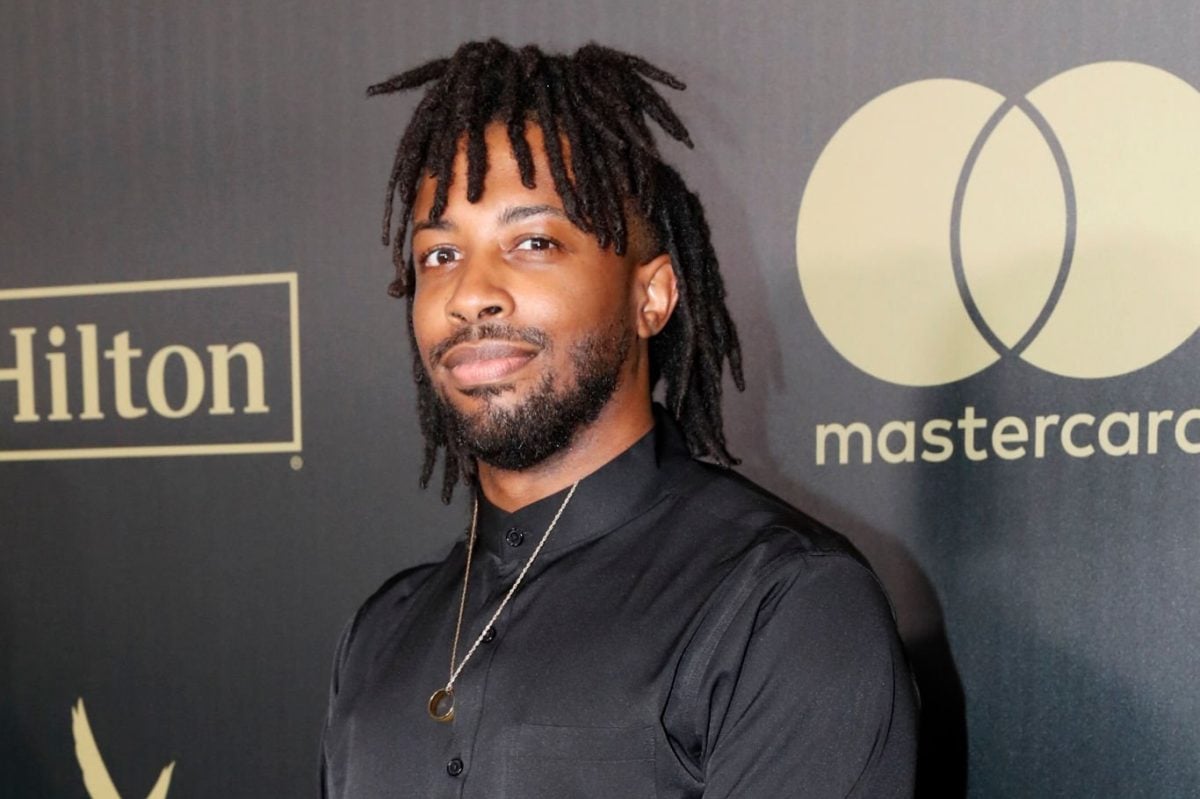Dancehall, Reggae Can Co-exist With Afrobeats, Says Grammy Manager Len Brown

Len Brown, senior manager for Hip Hop, R&B, and Reggae at the Recording Academy, disagrees with the notion that Dancehall and Reggae are losing ground to Afrobeats.
“As a Jamaican myself, I don’t agree with that only because we see what Dancehall has done and Reggae music has done to the world since its inception,” Brown told DancehallMag during an interview.
“We’re always going to have a place in it and I feel like there are more music styles from Africa that haven’t caught on yet. They’re having their time. This is their time to come out of the shadows to really be on that world stage which is fine. We were just on that stage and we could easily come right back it’s just gonna take the musicianship and the right push for it really come back to our side of it.”
The rise of the African genre has spurred public debate in Jamaica about its potential implications for Dancehall. Comparing the two genres, Opposition Leader Mark Golding urged Dancehall artists to ‘pull up their socks on lyrical content’. He had said: “I’m not blaming the artists because I’m not here to blame them but I’d like to encourage our music industry. If you look at it, the hay day of our music industry has kinda passed. Afrobeats has kinda gone into that area and is eating our food.”
On the other hand, entertainers such as Bounty Killer and Bugle have offered different perspectives, suggesting that both genres have unique appeal and should be allowed to co-exist and that they cannot be compared because the African genre has a continental marketplace of hundreds of millions of people against Jamaica’s three million.
Brown shared the sentiment that Dancehall is not undergoing any erosion due to Afrobeats’ rise.
“I don’t see why we can’t co-exist obviously because you see people like Burna Boy and Popcaan making hits and the list goes on with WizKid and Damian (Marley) and there’s enough room at the table for both of us and we both have different stylings, but, at the same time totally different music and I can see it becoming a thing where Reggae and Dancehall and Afrobeat can all have an opportunity to get to have people there and enjoy music,” he said.
Since March last year, many comparisons have been made between Dancehall and Afrobeats, especially after Billboard joined forces with music festival and global Afrobeats brand Afro Nation, to launch the first-ever US chart for Afrobeats Songs . The move by Billboard came two years after it discontinued its Reggae Digital Song Sales chart, which ranked the top-downloaded Reggae and Dancehall songs in the US.
The Recording Academy recently added three new categories for the Grammys, including African Performance, Pop Dance, and Alternative Jazz.
Last November, following the release of the International Federation of the Phonographic Industry’s (IFPI) Engaging with Music 2022 study, in which reggae was ranked number 10 out of more than 5,000 genres, University of the West Indies Professor Donna P. Hope, said Afrobeats’ absence from the top 10, was a significant point to note .
“While we are being told that Afrobeats is pushing Dancehall out of the way, it did not make it on that list… It (Afrobeats) is a new enough genre; it will take some time for it to get to that level of recognition globally that Jamaican music, Reggae and Dancehall for example, have garnered over many years since the development of our music industry,” Professor Hope, Professor Hope, who is a lecturer in Culture, Gender, and Society, had explained.
